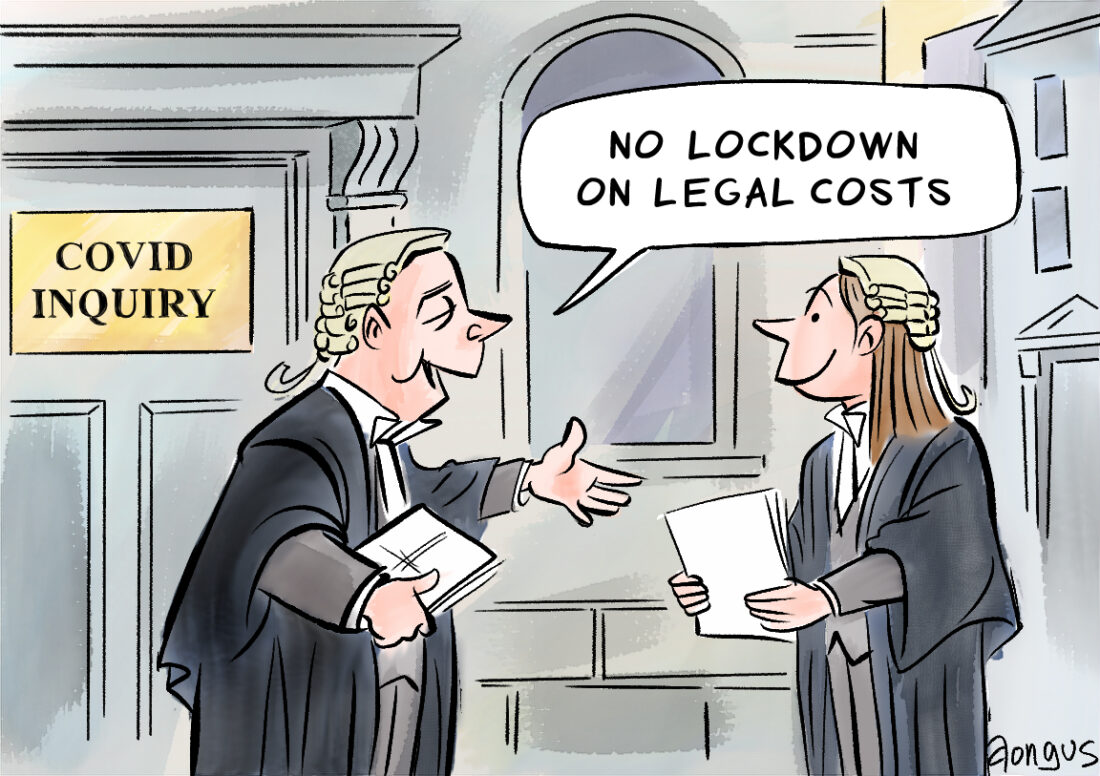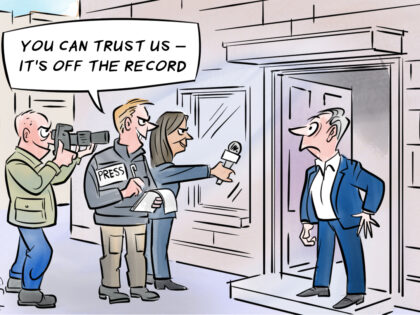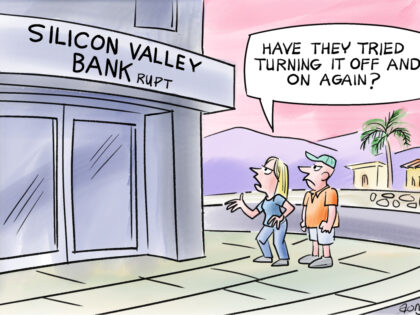
Are we ready for the next COVID?
The Covid pandemic produced the worst world crisis this century – we can all agree on that.
Of course mistakes were made and if we had to do it all again we would do it differently. (Let’s presume that we accept that.)
Therefore it is important that we examine what happened to ensure that we would handle it better next time. Fair enough.
So given that a new pandemic could start at any moment, we had better hurry up.
With their usual efficiency, the Swedish have already produced a succinct 800-page report which essentially says what we all knew:
- They could have moved more quickly;
- The elderly were not treated as well as they could have been;
- Not having a compulsory decision was right as the number of deaths and the economic consequences were much lower than other countries.
- Lessons have been learned.
The German and Italians are well down the line.
At the other end of the spectrum is the UK, where they have not even started their inquiry yet. Why not? Because the lawyers have got hold of it and teams of them are now poring over every document to redact (cross out) names in case they might be subject to legal action.
Added to this are more than 100,000 WhatsApp messages from government ministers and officials, leaked by a journalist, which would make a great Netflix series except that the producers would reject it as being unrealistic.
Rather than move quickly to prepare the country for another crisis, this inquiry will not seek to do this; it will attempt to apportion blame.
This, you might say and I agree, is a waste of time. If we don’t know who was making the decisions and their level of authority, how can we learn from it?
The UK has an awful record on public inquiries. The one into the Bloody Sunday massacre of 1973 was concluded after two inquiries in 2010, 37 years after the event. The cost is estimated at around £400 million and many believe that the results are still inconclusive.
One politician has estimated that this would pay a year’s salary for 15,000 nurses and 5,000 doctors. All these would be helpful if the next pandemic hits.
My solution is that at the beginning of inquiry, there should be an amnesty absolving all parties of blame. If there is compensation to be paid to any aggrieved parties, then it should be agreed in advance and with up to £400 million to play with there should be enough to go round.
Will it happen? Of course not. That would cause a major crisis…for lawyers who are planning their pensions on the inquiry.
Have a good week.
Tom


